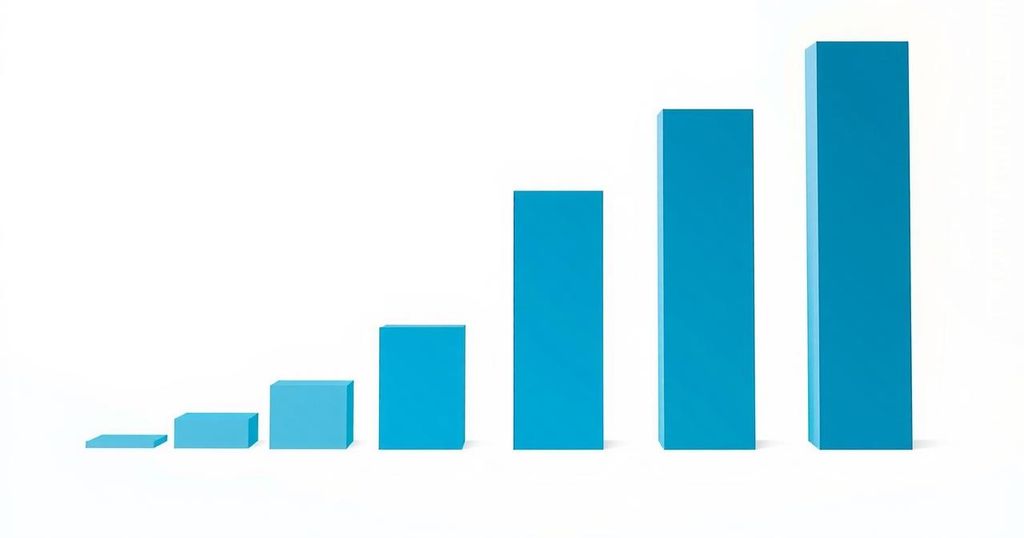Nigeria’s inflation rate has decreased to 23.18% in February 2025, following a rebasing of the Consumer Price Index. Food inflation declined to 23.51%, marking a significant reduction from the previous year. Urban and rural inflation rates also showed notable improvements, reflecting the impact of recent policy reforms by the government.
In February 2025, Nigeria’s inflation rate decreased to 23.18 percent year-on-year, as reported by the Nigerian Bureau of Statistics (NBS). This decline follows a rebasing of the Consumer Price Index, which was updated to reflect current consumption patterns. The inflation rate saw a significant adjustment from 34.80 percent in December to 24.48 percent in January 2025, marking the largest drop in over a decade.
The food inflation rate for February 2025 stood at 23.51 percent year-on-year, which is notably lower by 14.41 percent compared to February 2024, when it was at 37.92 percent. However, the NBS indicated that this reduction is in part due to adjustments made in the base year.
On a month-on-month basis, food inflation for February 2025 was recorded at 1.67 percent, while the headline inflation rate experienced a slight increase of 2.04 percent. The urban inflation rate also showed a favorable trend, declining to 25.15 percent year-on-year, a drop of 8.51 percentage points from February 2024’s rate of 33.66 percent.
In contrast, the rural inflation rate was reported at 19.89 percent year-on-year, down by 10.09 percentage points from the previous year’s figure of 29.99 percent. The month-on-month rate for rural inflation in February 2025 was 1.16 percent, indicating modest inflationary pressures.
Notably, the inflation levels reached peak highs over the past year, primarily due to policy reforms by President Bola Tinubu aimed at eliminating costly subsidies and devaluing the naira. The NBS cautioned that the Consumer Price Index may vary significantly across different states, which complicates interstate comparisons and may yield misleading results.
In summary, Nigeria’s inflation rate has significantly dropped to 23.18 percent as of February 2025. The adjustments made to the Consumer Price Index have contributed to this decline, alongside reduced food inflation rates. Notably, both rural and urban inflation rates also showed improvements, indicating a positive shift in the country’s economic landscape following recent governmental reforms.
Original Source: allafrica.com






